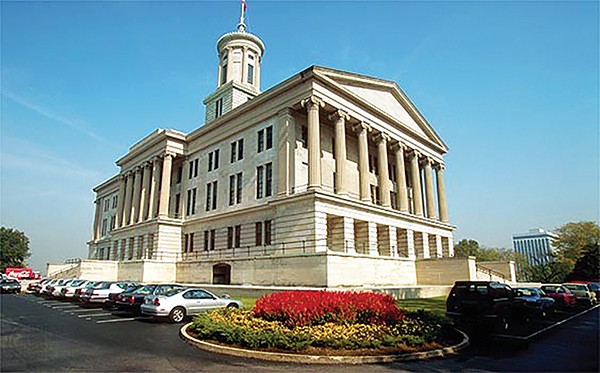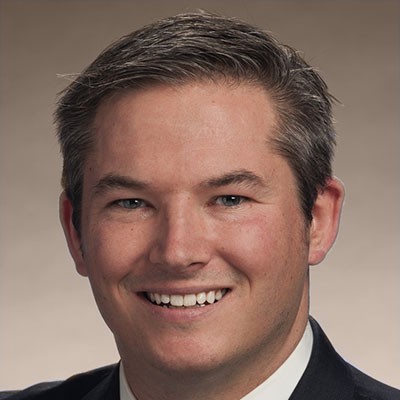
State Capitol building
Two Medicaid expansion bills were sent back to the waiting room of the state legislature Wednesday during a time when Tennessee hospitals are hurting and uninsured rates soar.
Before the Tennessee General Assembly broke early this session, Rep. Ron Travis (R-Dayton) brought the idea of Medicaid expansion back to the legislature with a package that closely resembled former Governor Bill Haslam’s Insure Tennessee proposal.

The legislature is back in session but only to vote on bills related to the state budget, COVID-19, and other items deemed time sensitive.
Senator Jeff Yarbro (D-Nashville) brought two, simple bills before the Senate Health and Welfare committee that would allow Governor Bill Lee to expand Medicaid (known as TennCare in Tennessee) with more freedom if he chose to do so.
One bill would have allowed Lee to do it. Another bill would have allowed Lee to do it without requiring a vote of the full legislature. Yarbro explained the bill was necessary to debate now because the issue is about the budget, is time sensitive, and is related to the COVID-19 pandemic.
 Tennessee General Assembly
Tennessee General Assembly
Sen. Jeff Yarbro
He said expanding Medicaid could add about $1.4 billion into the state budget, would create jobs, would help hospitals here remain open, and that the state’s uninsured population of about 200,000 could swell to about 500,000 if the figure mirrors unemployment claims here since the virus arrived in March.
“I don’t think we should do nothing,” Yarbro said.
Senator Becky Massey (R-Knoxville) clarified that the bill would not compel Lee to expand Medicaid. Yarbro said it would not. The two then talked through the bureaucracy of actually expanding the program, and whether or not the state would have to receive a waiver from the Centers of Medicare and Medicaid Services (CMS).
[pullquote-1] Senator Bo Watson (R-Hixson) said the move to expand would come with added administrative costs. He worried doing it now would “create a financial challenge and add to the financial challenges we are facing.”
Yarbro said administrative price tags put on previous proposals were bloated with the “bells and whistles that we put in.” Also, an expansion could save money, he said, pointing to totally state-funded opioid abuse program that he said could be funded at 90 percent from the feds with a 10 percent state match. In all, he said expanding the program would have an economic stimulus “bigger than Amazon.”
But Yarbro said he knew the issue was politically complicated.
“I don’t understand, if we don’t do this … do we just punt?” he asked. “Have we concluded that the status quo is okay?”
In the end, both of Yarbro’s bills were sent to the committee’s general sub-committee, a sort of catch-all place where bills languish or die. Neither bill was considered with a vote.